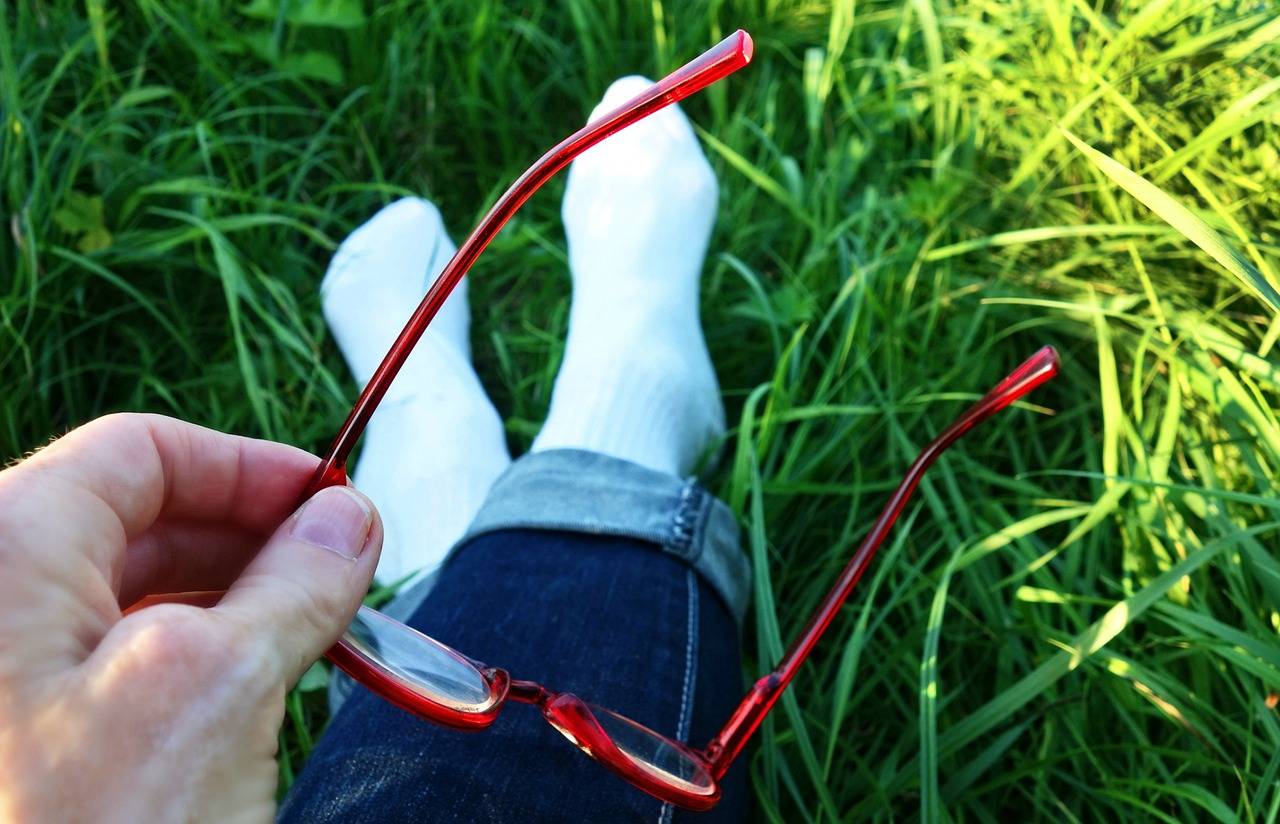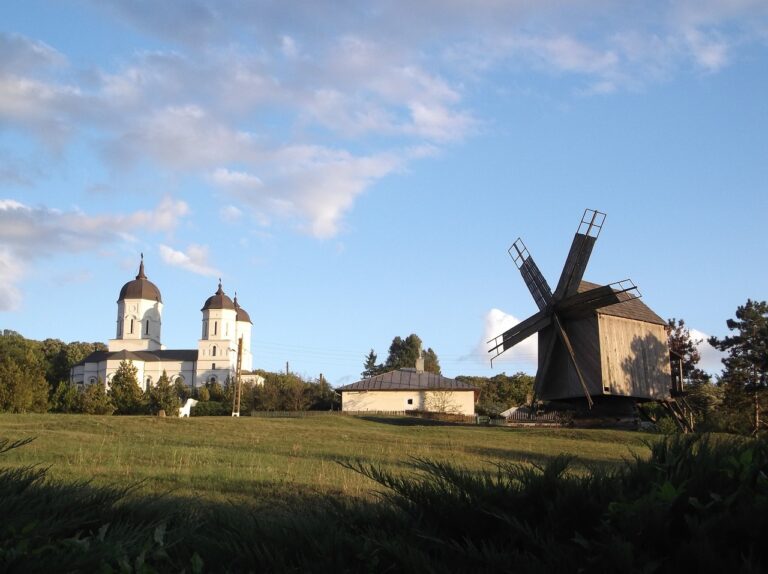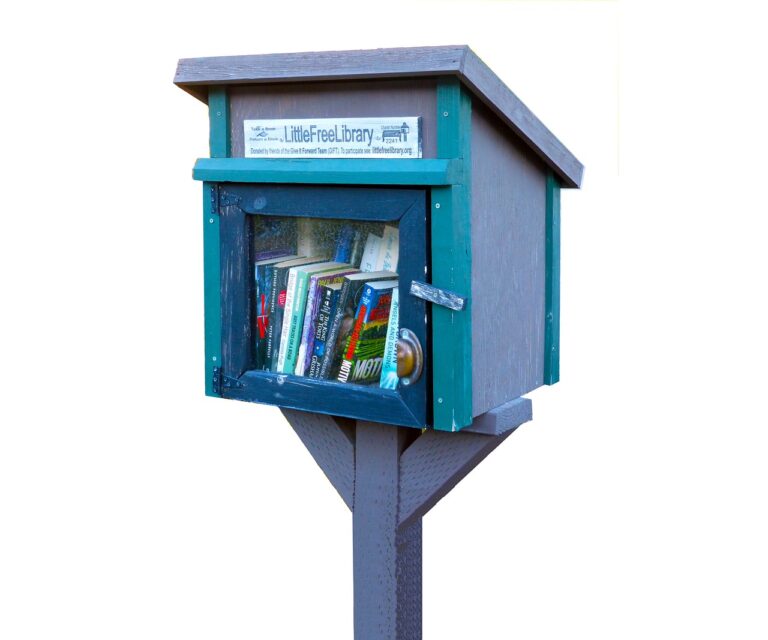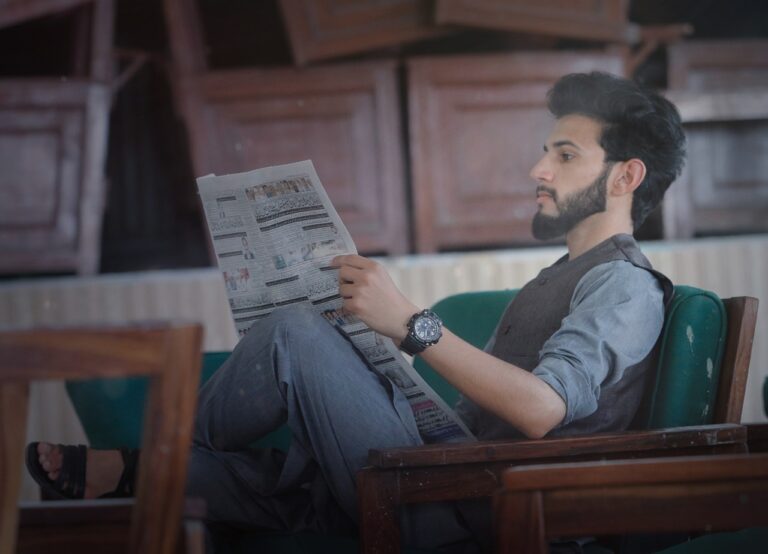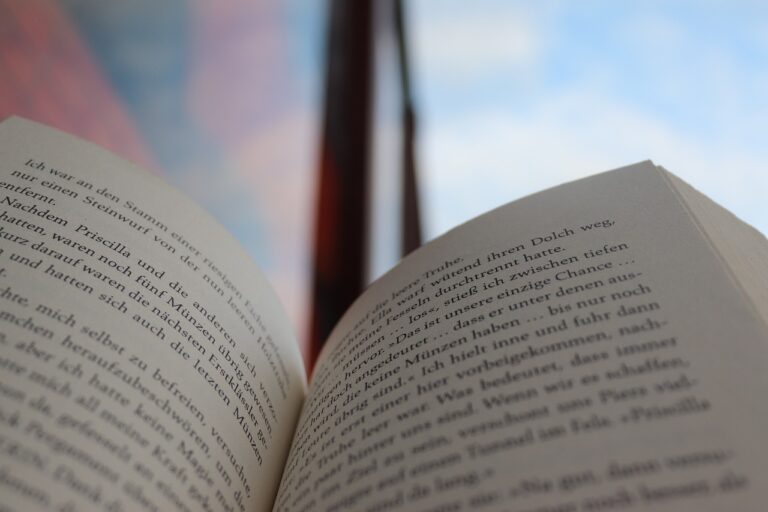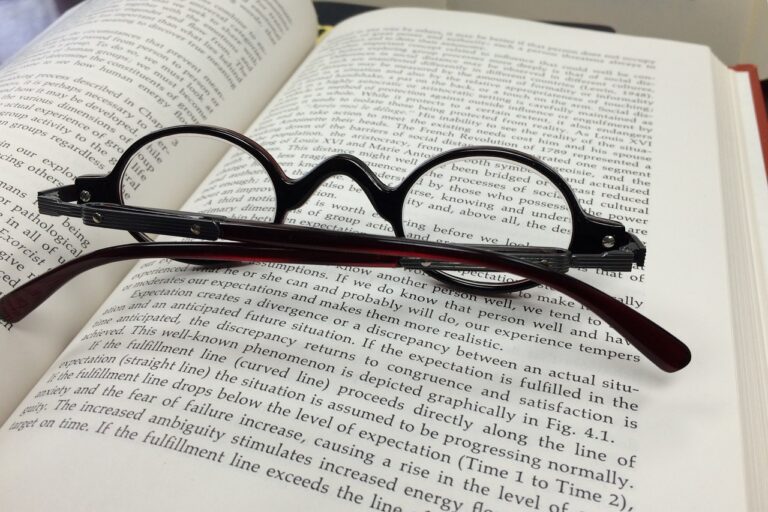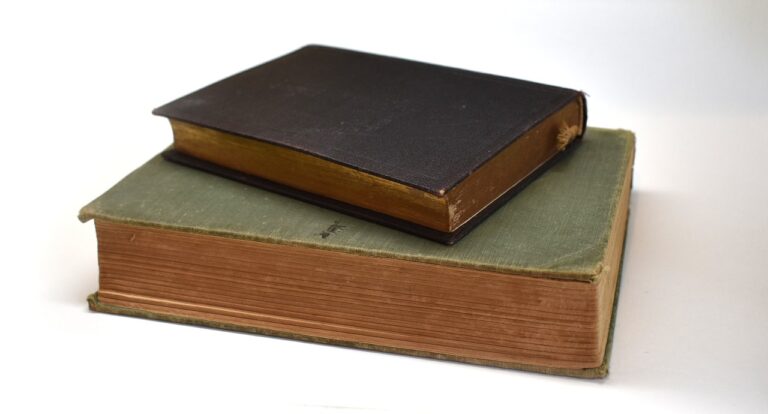Exploring Virtual Reality History Experiences for Historical Inquiry and Interpretation
allpaanel, laser247 com app login, yolo 247 com login: Virtual reality (VR) technology has come a long way in recent years, offering unique opportunities for exploring history through immersive experiences. By donning a VR headset, users can step back in time and witness historical events firsthand, gaining a deeper understanding of the past in ways that traditional methods cannot provide.
Exploring virtual reality history experiences allows for historical inquiry and interpretation in a way that is both engaging and educational. Whether it’s walking through ancient ruins, attending a famous speech, or participating in a pivotal battle, VR offers a level of immersion that brings history to life like never before.
One of the key benefits of using VR for historical exploration is the ability to experience events from multiple perspectives. By putting yourself in the shoes of different historical figures or witnessing events from different vantage points, you can gain a more nuanced understanding of the past. This can help to challenge assumptions, broaden perspectives, and foster empathy for people living in different times and places.
In addition to offering a more immersive experience, virtual reality history experiences also provide opportunities for interactive learning. Users can actively explore historical environments, manipulate objects, and engage with characters, deepening their understanding of the past through hands-on interactions. This can make history more relatable and engaging, particularly for younger audiences who may struggle to connect with traditional teaching methods.
Furthermore, VR technology allows for the recreation of historical environments with a level of detail that is simply not possible through traditional mediums. From the architecture of buildings to the clothing of individuals, virtual reality can bring historical settings to life with unparalleled accuracy, helping to create a more authentic and engaging experience for users.
Overall, exploring virtual reality history experiences can offer a unique and valuable way to engage with the past. By providing immersive, interactive, and detailed experiences, VR technology can enhance historical inquiry and interpretation in ways that are both educational and entertaining.
—
#### Benefits of Virtual Reality History Experiences
#### Multiple Perspectives
#### Interactive Learning
#### Detailed Recreations
#### Engaging Young Audiences
#### Authentic Experiences
As with any emerging technology, there may be some questions and concerns surrounding the use of virtual reality for historical exploration. Here are some frequently asked questions about exploring virtual reality history experiences:
### FAQs
– **Is virtual reality historically accurate?**
Virtual reality history experiences strive for accuracy through meticulous research and attention to detail. While some artistic license may be taken for the sake of storytelling, the overall goal is to provide an authentic representation of the past.
– **Can virtual reality replace traditional historical research methods?**
Virtual reality is not intended to replace traditional research methods but rather to complement them. It offers a unique perspective and immersive experience that can enhance historical inquiry and interpretation.
– **Are virtual reality history experiences suitable for all ages?**
Virtual reality history experiences can be enjoyable and educational for users of all ages, although some content may be better suited for older audiences. Parents and educators should exercise discretion when selecting VR experiences for younger users.
– **Does virtual reality history experiences require special equipment?**
Yes, virtual reality history experiences typically require a VR headset and compatible hardware. While the cost of VR equipment has decreased in recent years, it may still be a barrier for some users.
– **Are virtual reality history experiences accessible to people with disabilities?**
Accessibility features are being implemented in virtual reality technology to accommodate users with disabilities. However, it’s essential to research specific VR experiences to ensure they are inclusive and accessible to all users.
Exploring virtual reality history experiences can provide a new and exciting way to engage with the past, offering immersive, interactive, and detailed experiences that enhance historical inquiry and interpretation. Whether you’re a history buff, student, or educator, virtual reality technology has the potential to transform the way we learn about and experience history.

